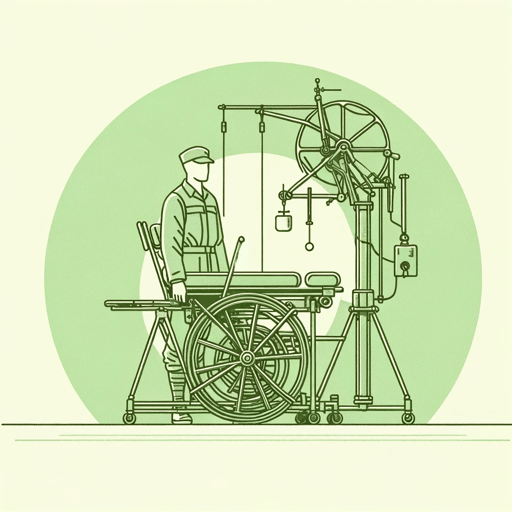31 pages • 1 hour read
Ernest HemingwayIn Another Country
Fiction | Short Story | Adult | Published in 1925A modern alternative to SparkNotes and CliffsNotes, SuperSummary offers high-quality Study Guides with detailed chapter summaries and analysis of major themes, characters, and more.
Summary and Study Guide
Summary: “In Another Country”
“In Another Country” is a short story by Ernest Hemingway first published in Scribner’s Magazine in 1927. Hemingway was one of the most celebrated writers of his time and was awarded the Nobel Prize for Literature in 1954. His works include short stories and novels as well as journalism and non-fiction studies, such as Death in the Afternoon (1932), about bullfighting.
This guide refers to the version of “In Another Country” reprinted in the 1938 collection titled The Short Stories of Ernest Hemingway (Charles Scribner’s Sons).
The story is set in the Italian city of Milan sometime during World War I. The narrator is an American officer who has been wounded at the front lines. As the story opens, he is undergoing rehabilitation at a large Milan hospital. The city is a pleasant place compared to the war.
Each afternoon, the narrator walks across town to the hospital, where he joins fellow wounded soldiers for sessions with the hospital’s new rehabilitation machines. The machines move the soldiers’ wounded limbs mechanically to help build flexibility and strength. These soldiers are some of the first patients to test these machines.
A doctor reassures the narrator that his injured leg will respond well to these treatments. He will even be able to play football again after the war. An older officer, a major in the next machine, overhears this encouragement. He winks at the narrator because both know the doctor makes overly optimistic promises of recovery to all the soldiers. The major is pessimistic about his prospects. Before his injury, he had been the best fencer in Italy. Now he believes his withered hand is beyond help. He seems to have little hope.
Sometimes the narrator spends evenings out with three or four other patients around his age. They enjoy a celebrated nightclub called Café Cova, where friendly and “patriotic” girls usually join them. For safety, the officers walk to the Cova in a tight group through the rough parts of town where the residents don’t like officers. Someone shouts, “[D]own with the officers,” in Italian as they walk by (268), but it doesn’t seem to be too dangerous for them.
One evening, they discuss their experiences of the war. The narrator and three of his companions have been awarded the same medal. The American shares his paperwork describing how he won his medal, which uses Italian words like “brotherhood” and “selflessness” to thank him for helping the Italian cause. The three other officers won their medals differently, fighting intensely for their homeland.
One of them won the same medal three times, fighting as “a lieutenant of Arditi” (269). The Arditi (the Italian name means “the daring ones”) were an elite unit. Carrying only pistols, knives, and hand grenades, they would run across the front lines, jump into the enemy trenches, and engage in hand-to-hand combat, suffering very high casualty rates. The narrator says they “were like hunting hawks” (269). He would never be brave enough to fight as they do and dreads going back to the front.
The narrator feels himself to be more like the fourth and youngest of his companions. This boy was wounded as soon as he arrived on the battlefield from a military academy. He did not win a medal but was badly injured and was waiting for his face to be rebuilt at the hospital. When they went out, he wore a black handkerchief across his face to hide his wounds. He plans to exile himself to South America because of his appearance. The narrator and the boy were battlefield soldiers but not “hawks” diving fearlessly down to attack the enemy.
In the second half of the story, the narrator shifts his focus to his rehabilitation sessions next to the senior officer with the injured hand. The older man assumes the traditional role of a teacher. He engages with the narrator to help him improve his Italian. They work on rules of grammar, and the major bristles when the American addresses him as “Signor Maggiore” (Mister Major), awkwardly combining his civilian and military titles. The major is a stickler for following the rules and conventions of speech.
The major becomes angry when the narrator says that he hopes to marry in the future. The older man declares: “[A man] cannot marry. He cannot marry […], he should not place himself in a position to lose. He should find things he cannot lose” (271). He is so upset that he leaves the room to compose himself and make a phone call. When he returns, the major apologizes for becoming angry and explains he is so upset because his wife recently died from pneumonia. They delayed getting married until it was certain he would no longer have to fight in the war. They thought they were safe to wed, but the wife died unexpectedly. He lost both the use of his hand and her. He is shattered.
Related Titles
By Ernest Hemingway
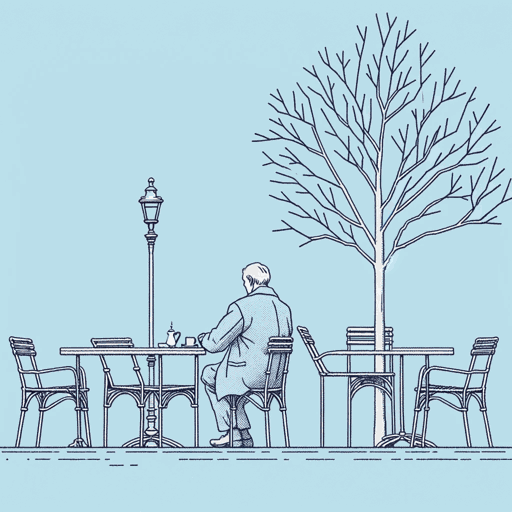
A Clean, Well-Lighted Place
Ernest Hemingway

Across the River and into the Trees
Ernest Hemingway
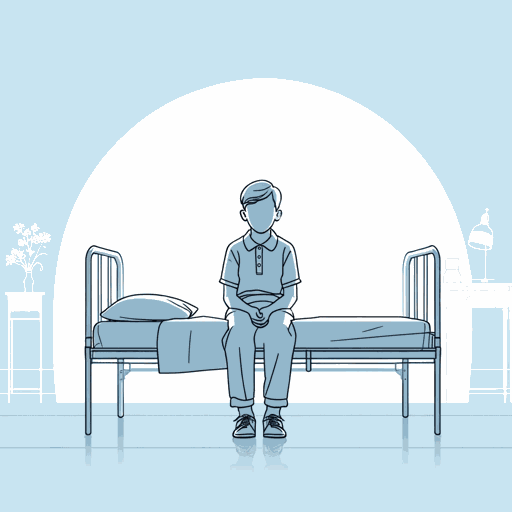
A Day's Wait
Ernest Hemingway
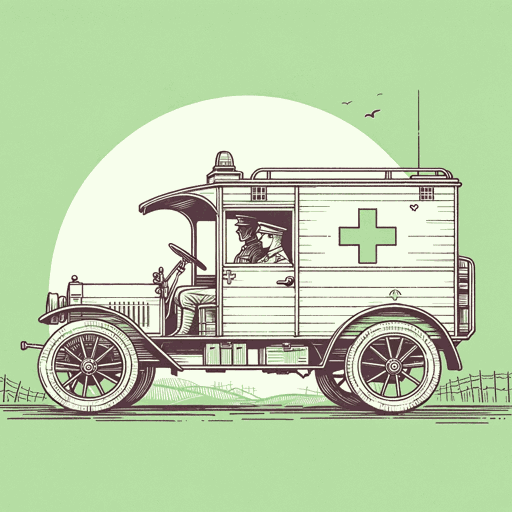
A Farewell to Arms
Ernest Hemingway
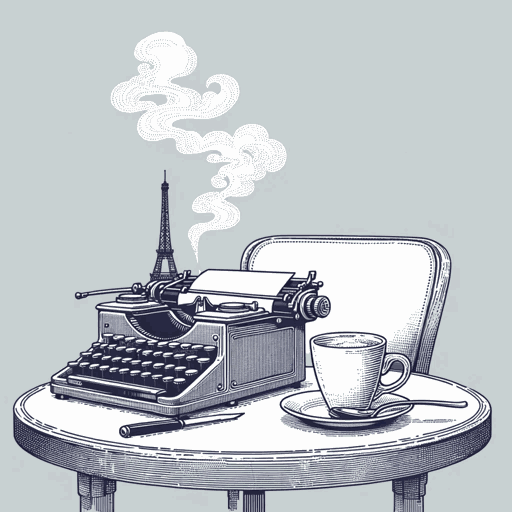
A Moveable Feast
Ernest Hemingway
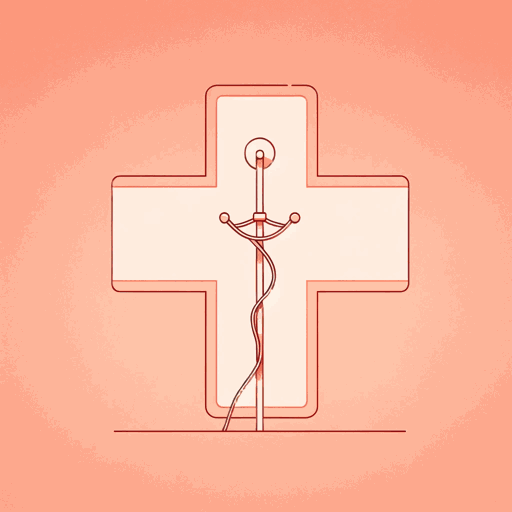
A Very Short Story
Ernest Hemingway
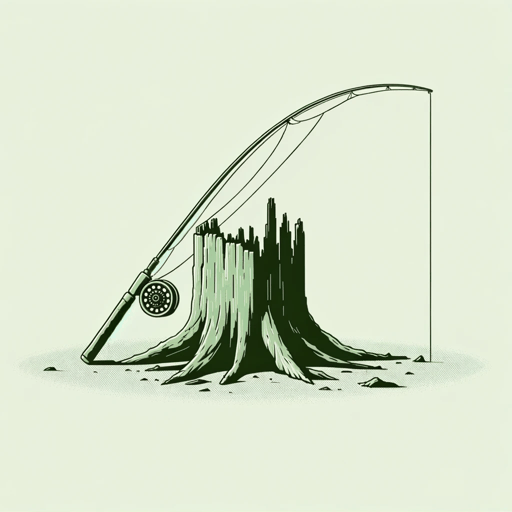
Big Two-Hearted River
Ernest Hemingway
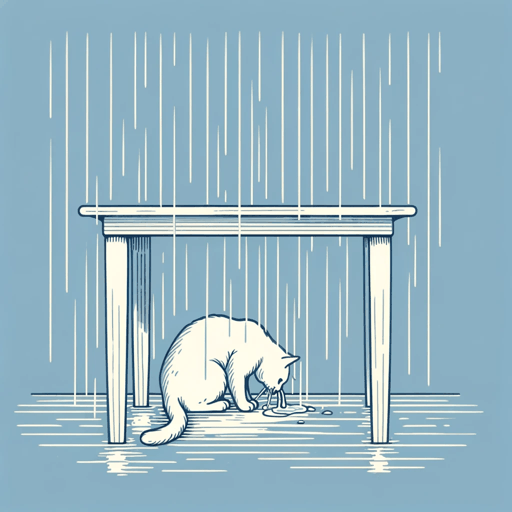
Cat in the Rain
Ernest Hemingway
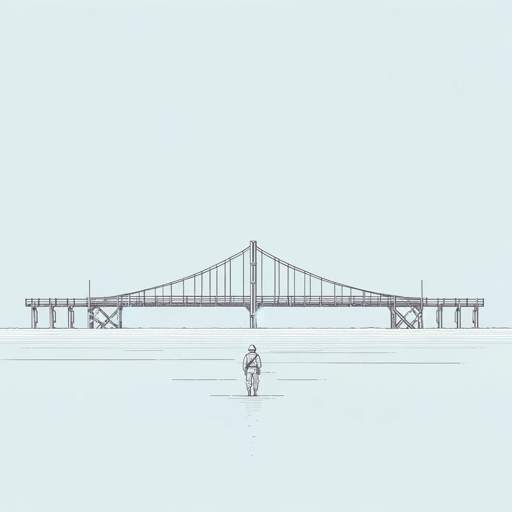
For Whom the Bell Tolls
Ernest Hemingway

Green Hills of Africa
Ernest Hemingway

Hills Like White Elephants
Ernest Hemingway

Indian Camp
Ernest Hemingway

In Our Time
Ernest Hemingway
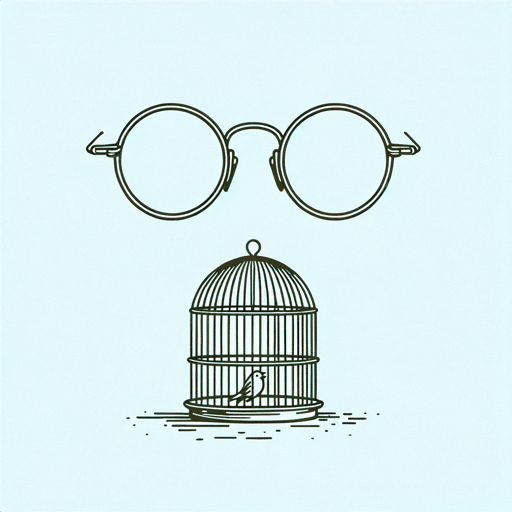
Old Man at the Bridge
Ernest Hemingway
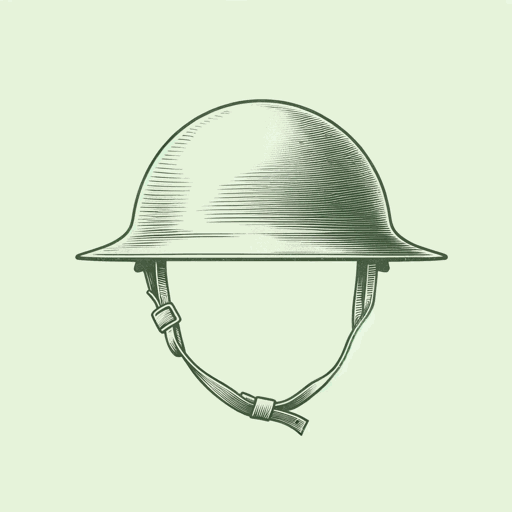
Soldier's Home
Ernest Hemingway

Solider's Home
Ernest Hemingway

Ten Indians
Ernest Hemingway
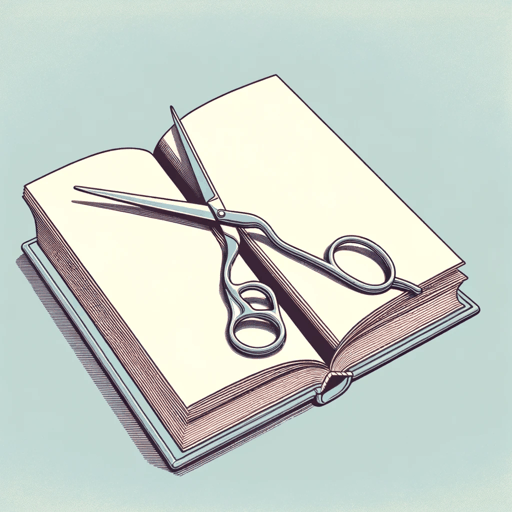
The Garden of Eden
Ernest Hemingway
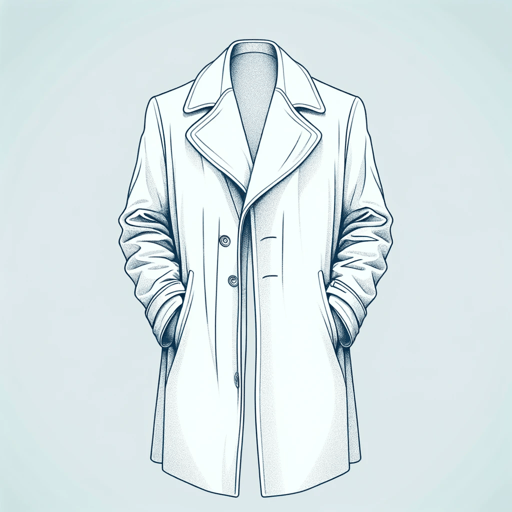
The Killers
Ernest Hemingway

The Nick Adams Stories
Ernest Hemingway
